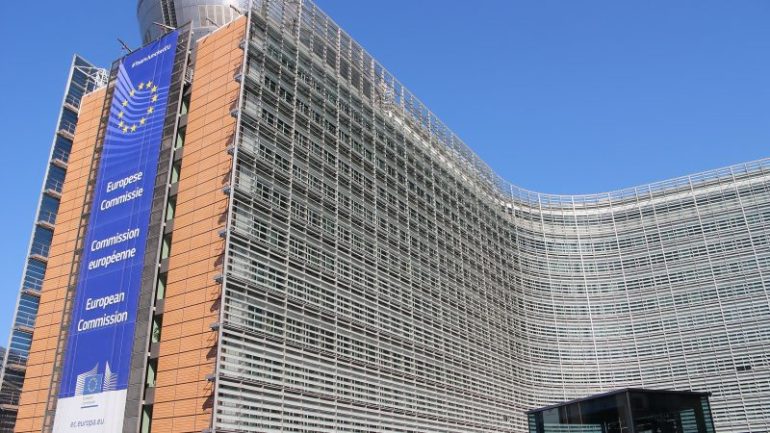- 11 tech industry associations request an extension on the EU’s AI Code of Practice feedback deadline.
- The Code is crucial for compliance with the EU’s AI Act, set for full application in August 2025.
- The current six-week consultation period coincides with summer, limiting participation.
- Industry groups seek a two-week extension to provide more comprehensive feedback.
- The EU Commission faces a tight schedule in finalizing guidelines for the AI Act.
- The drafting of the GPAI Code has been contentious due to concerns about industry dominance.
- Civil society and academia will be included in consultations but not in exclusive drafting workshops.
- The deadline for active participation in code drafting is August 25th.
Main AI News:
In a recent development, 11 prominent tech industry associations have urged the European Commission to postpone the September deadline for submitting feedback on a pivotal Code of Practice concerning general-purpose artificial intelligence (GPAI). This request was made through a letter dated Thursday, August 8th.
The Code of Practice is instrumental in executing the EU’s Artificial Intelligence (AI) Act, a groundbreaking regulatory framework. The requirements for GPAI, encompassing widely used tools such as ChatGPT, are slated for enforcement starting in August 2025. While official standards are still under development, companies may utilize the Code to demonstrate compliance with the new regulations.
The multi-stakeholder consultation, initiated on July 30th, serves as the principal avenue for companies not directly involved in drafting the Code to share their insights. This input will be instrumental in shaping the initial draft of the Code, which will be unveiled at a meeting in September and then undergo several months of refinement.
However, industry associations have raised concerns that the current six-week consultation period, coinciding with the summer season, needs to improve their capacity to provide substantial feedback. They are advocating for an extension of at least two weeks to facilitate more meaningful contributions.
These associations represent a broad spectrum of companies across the EU and the US, ranging from tech giants to innovative startups.
The European Commission is operating under a tight timeline to produce the necessary guidelines and Codes of Practice for the AI Act, which will be fully implemented two years after its inception on August 1st.
Drafting the GPAI Code of Practice has been particularly contentious, as it will outline compliance measures for some of the most advanced AI models. Civil society has expressed concern that the industry might dominate the process.
In response, the Commission announced on July 30th that civil society and academic voices would be included in a plenary consultation during the Code’s development. However, GPAI developers will be exclusively invited to participate in workshops with those directly involved in drafting the Code, including the chairs and vice-chairs of the working groups.
Those interested in actively participating in the drafting process face an even more pressing deadline, with expressions of interest due by August 25th.
Conclusion:
The request for an extension by leading tech associations underscores the significant implications of the EU’s AI regulatory framework on the industry. The tight deadlines and the summer consultation period present challenges for meaningful industry engagement, potentially impacting the quality and breadth of the feedback received. If the extension is granted, it could lead to more robust contributions, enhancing the final Code’s effectiveness. However, the delay also puts additional pressure on the European Commission’s timeline to finalize the AI Act’s guidelines. This situation highlights the delicate balance between regulatory rigor and industry cooperation, with potential long-term impacts on the market’s AI compliance and innovation approach.

